Research Papers
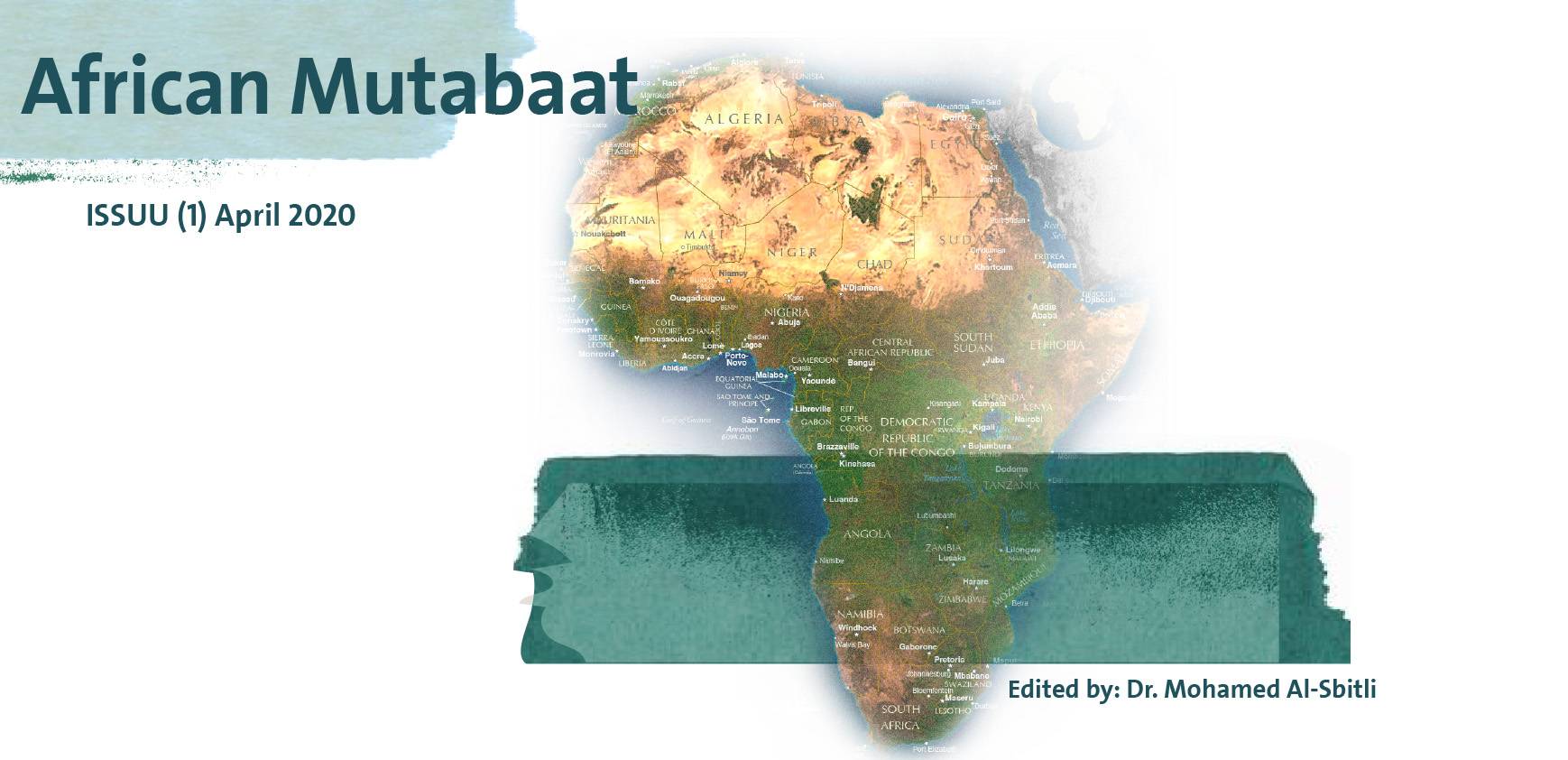
Number:
Author: Edited by Mohamed Al-Sbitli
Monthly report on developments in the African continent. This issue reviews the course of events in some African countries. Like the challenges of the transitional period in Sudan. And analyzing Boukouhram's strategy in Lake Chad and Nigeria. And external interventions in the internal political affairs of Somalia and border disputes between Mauritania and Senegal. As well as some other topics.
Number: 1
Edited by: Saud al-Sarhan & Mark C. Thompson
The KFCRIS weekly report on the regional and international impacts of coronavirus (COVID-19) comes at a critical time. In response to the spreading pandemic, governments continue to enforce quarantines, curfews and ‘lockdowns’ that impact national economies and the lifestyles of millions of people. Hence, this weekly report aims to interview a diverse range of individuals including policy makers, academics, and thinkers to seek their opinions on the impact of this pandemic as it relates to their area of interest.
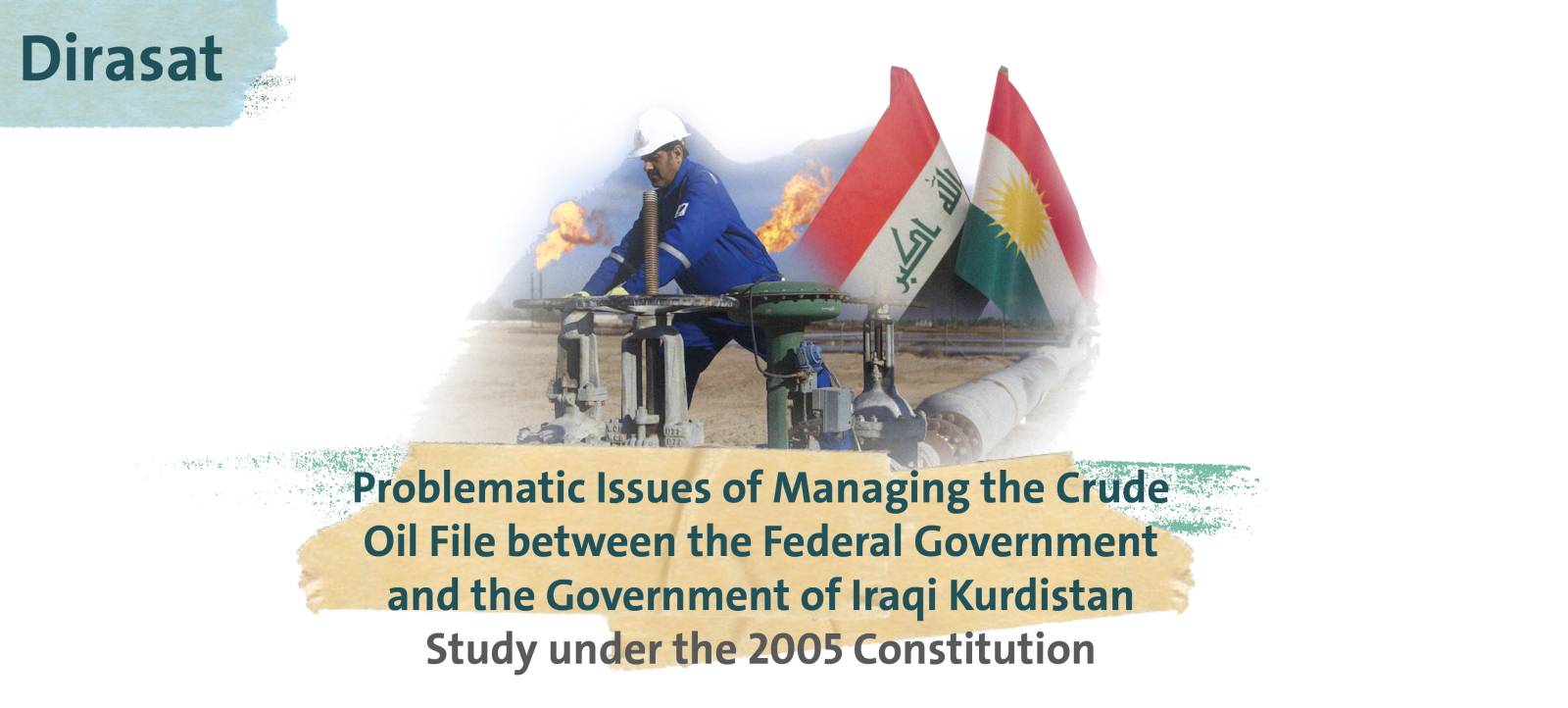
Number: 54
Author: Dr. Saddam faisal kokez almohammedi
The crude oil file in Iraq is the biggest and most concerning problem faced by consecutive Iraqi governments formed since 2003, due to the importance of this file at the national level. Perhaps the most significant part of the complexity that permeates this file is the conflict between the Federal Central Government and the Territorial Government, which is nurtured mainly by opposing legal and political perspectives resulting from viewing the constitutional texts of the 2005 Iraq's Federal Constit
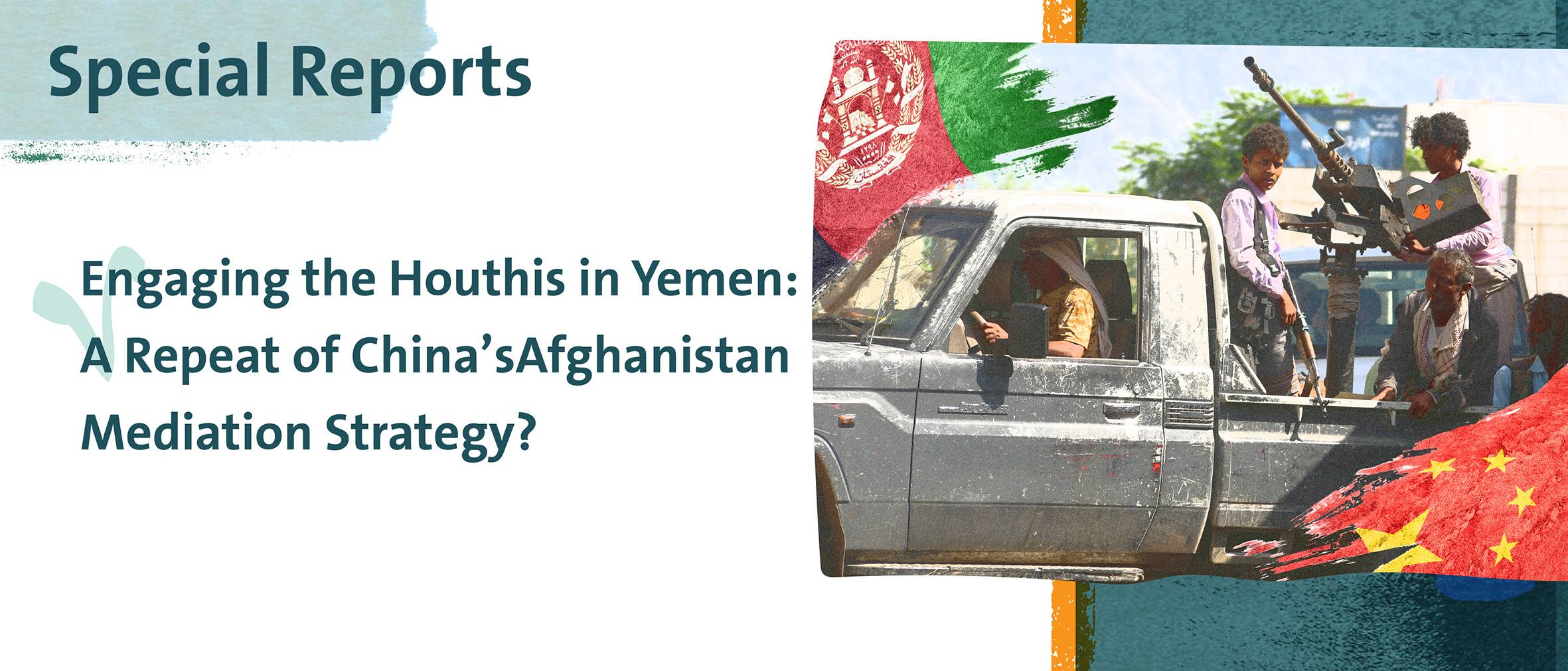
Number:
Author: Barbara Kelemen
This commentary provides an overview of China’s engagement with the Houthi movement over the past few years. It compares Beijing’s relationship with the Houthis to that of another armed non-state actor, the Taliban, with an eye towards identifying the trajectory this engagement might take. The commentary also considers how this relationship, in addition to the developments taking place in Sino-Saudi relations, are shaping Chinese mediation efforts in Yemen since 2015.
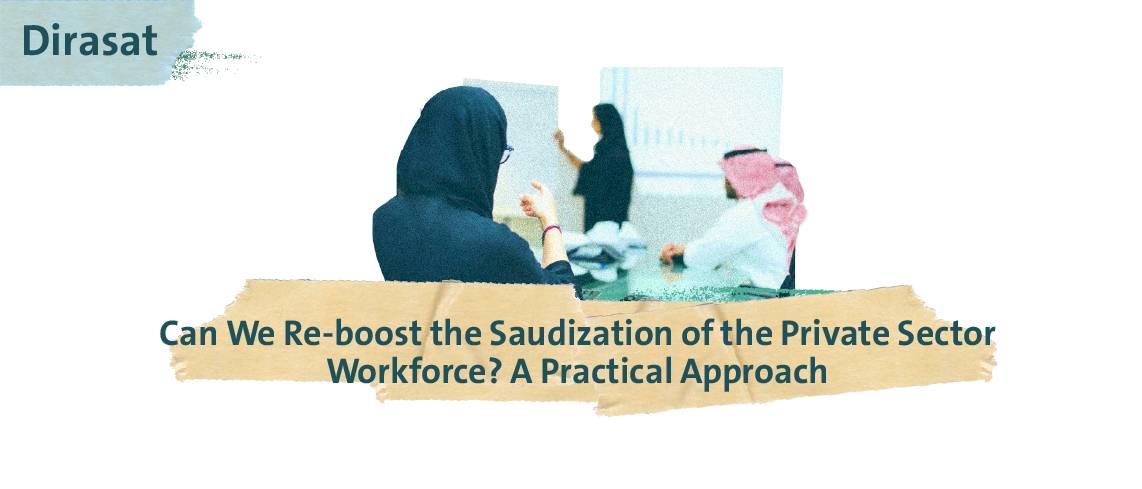
Number: 53
Author: Makio Yamada
Over the last decade, around a million Saudis, half of whom are women, joined the private sector. As of the third quarter of 2019, the private sector employed 1.67 million Saudis. The Nitaqat quotas introduced in 2011 especially boosted Saudization, doubling the number of Saudis in the private sector in three years to 1.4 million. Compared to this early boost, the speed of Saudization over the following years was slower as many relatively well-paid jobs had already been localized. The remaining jobs held by expats appear less attractive to Saudi citizens as suggested by the large—over SR 4,000—average monthly wage gap between Saudi and expat employee
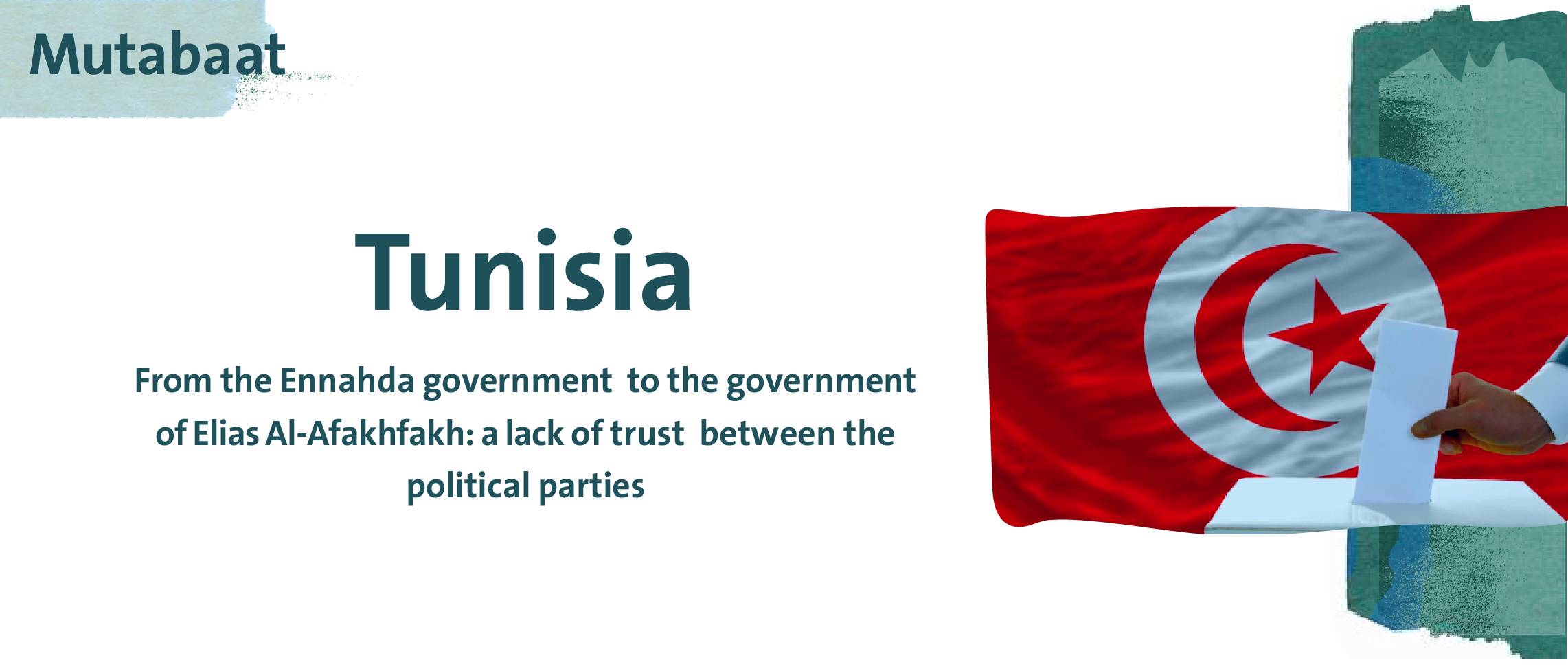
Number:
Author: Mohamed Al-Sbitli
In this report, Dr. Sbitli reviews the path of forming the new government in Tunisia. The report gives an explanation of the political and partisan interactions between the actors in light of the results of the recent legislative and presidential elections.
* English version is not available
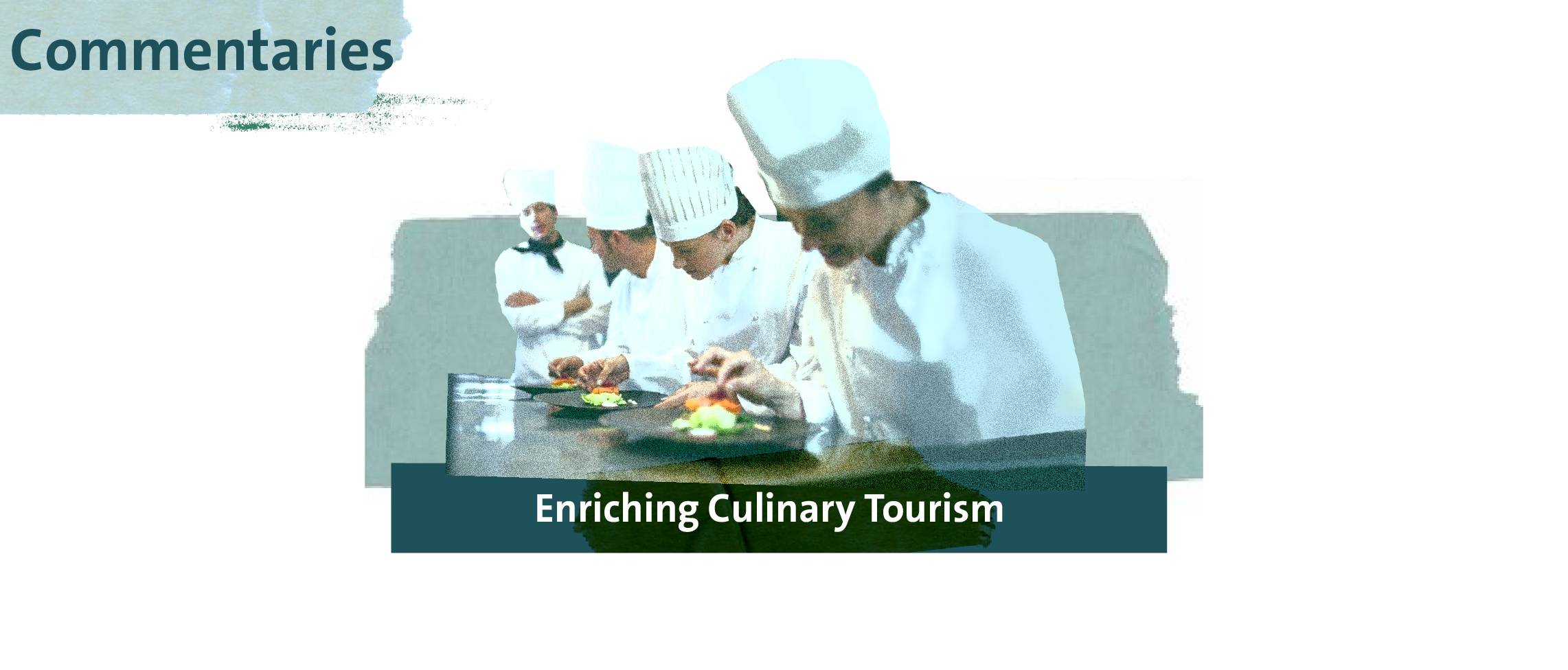
Number:
Author: Maha Fallatah and Makio Yamada
Local product development plays a significant role in attracting great numbers of tourists and sustainably creating employment opportunities in local economies. Governments, both central and local, can enact policies to facilitate the development of local products and services that harness distinctive local resources. In our previous commentary, we examined one such policy, the “One Village One Product” movement in Japan, which is characterized by its effective investment in human resources to promote R&D aimed at enhancing the quality of local products and marketing them to wide groups of consumers. The One Village One Product movement, as well
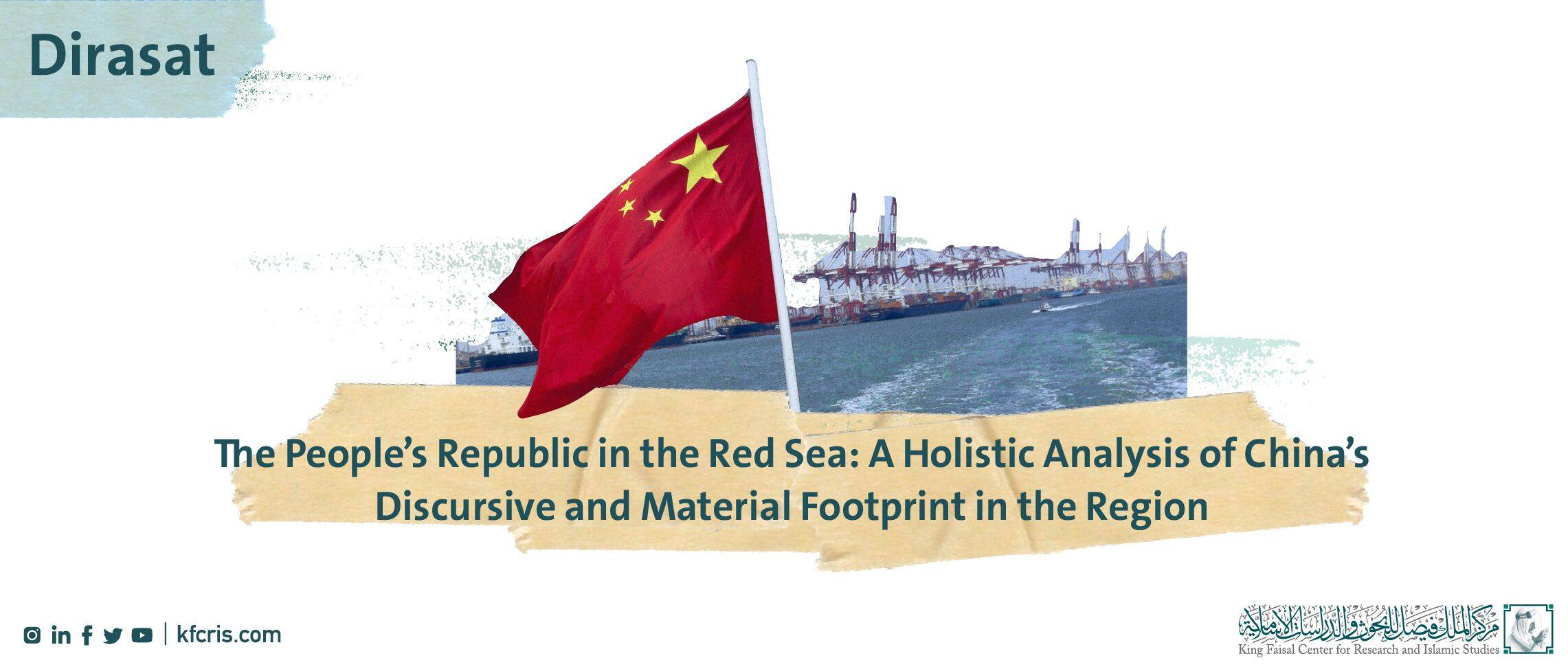
Number: 52
Author: Mohammed Al-Sudairi
The report explores how the Red Sea is conceived in Chinese-language academic discussions as a means towards understanding the strategic perceptions and calculations of Chinese political elites toward the region.
It provides a detailed and comprehensive overview of China’s multifaceted and dynamic material footprint across the Red Sea, focusing primarily on its political, econo
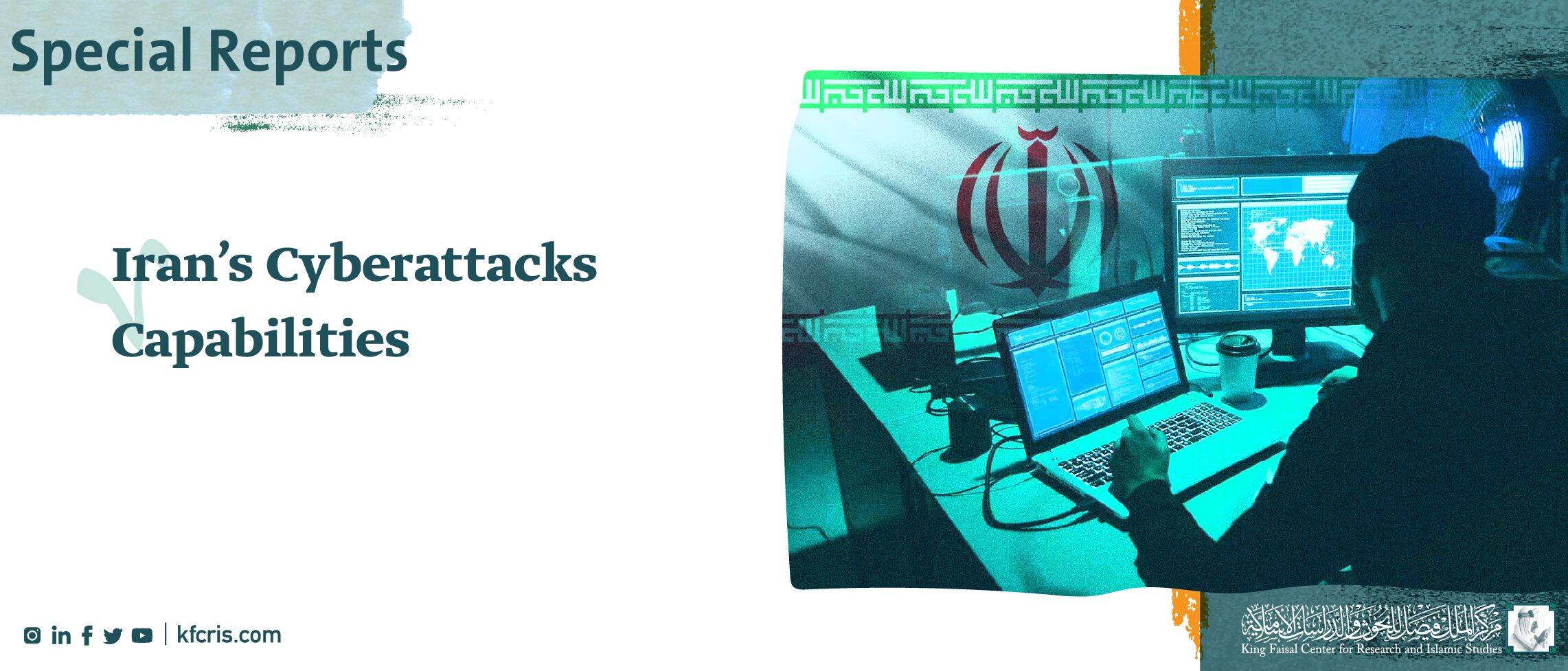
Number:
Author: .
Iran has a significant advantage in asymmetric military capabilities, which are based on terrorist agents and low-cost military technology. Although international sanctions have limited Iran’s ability to purchase or develop advanced technology in almost all sectors, it still has the basic electronic capacity to launch attacks on its opponents, which is also uses extensively for espionage and theft.
Iran has been the subject of many devastating cyberattacks in the past, so it has learned the value of having its own electronic capability. This enabled Iran to use “electronic repression” to confront the protests that spread across the Internet
Number:
Author: Hanin Alsudais
Ruhollah Khomeini was one of the last revolutionaries of the twentieth century and an exceptional case of evolutionism in the modern Iranian political sphere. In the 1979 Iranian revolution, Khomeini reshaped the modern history of Iran, giving it a different kind of governance that had never before existed. This paper discusses how Khomeini managed to gain legitimacy with both the masses and the intellectuals of Iran and analyze why this was possible.
